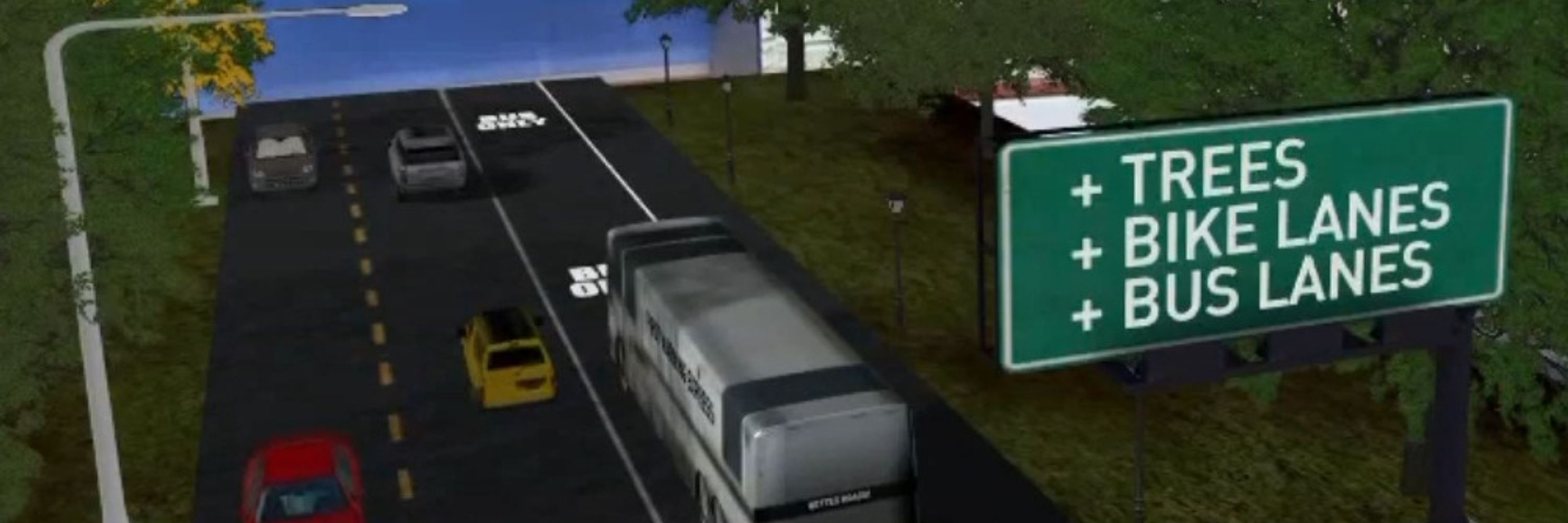
Time geography and geospatial analytics for sustainable mobility and livable cities.
Professor and Director, Center for Urban and Regional Analysis (CURA), The Ohio State University. All opinions mine not theirs.
https://u.osu.edu/miller.81/ ..
more
Time geography and geospatial analytics for sustainable mobility and livable cities.
Professor and Director, Center for Urban and Regional Analysis (CURA), The Ohio State University. All opinions mine not theirs.
https://u.osu.edu/miller.81/






It's not actually obligatory to drink booze in a pub, plenty of modern non-alcoholic options.
Also let's improve walking routes!

Reposted by Harvey J. Miller

It's not actually obligatory to drink booze in a pub, plenty of modern non-alcoholic options.
Also let's improve walking routes!


Reposted by Stacy D. VanDeveer


“For starters, both South High Street and South Front Street need traffic calming measures implemented immediately.”

www.nytimes.com/2026/01/02/o...





www.columbusnavigator.com/1986-columbu...


Reposted by Harvey J. Miller

Reposted by Harvey J. Miller, Stacy D. VanDeveer, Ian Butler


I almost admire the discipline it takes for corp news & white liberals to still, even as we cross 1.5C warming,
pretend we’re not in a real time global emergency.

Reposted by Harvey J. Miller

I almost admire the discipline it takes for corp news & white liberals to still, even as we cross 1.5C warming,
pretend we’re not in a real time global emergency.





